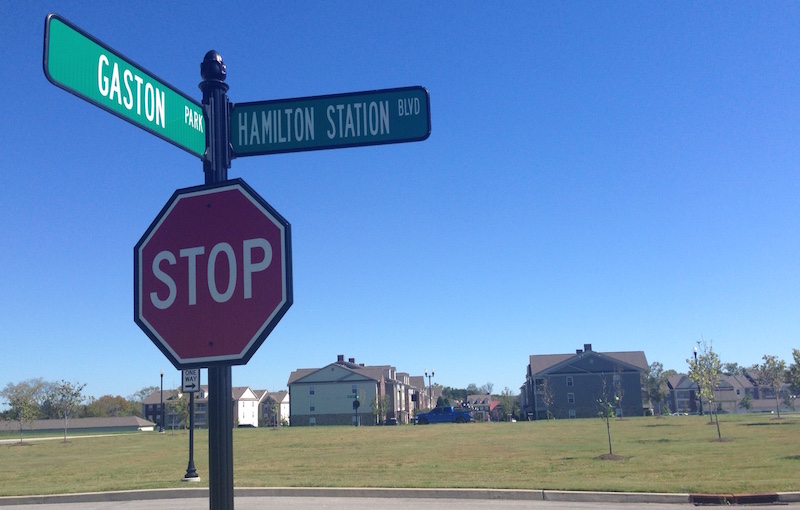
If you make the drive in from Franklin or Murfreesboro in the morning, there’s a decent chance you sit in traffic at some point.
Some people commuting from Wilson County fight gridlock too, but they also have an option no one else in the region does — the Music City Star.
“Ah, this is the only way to go. I mean, as we’re riding by traffic backed up on the highway, we’re thinking this is fantastic,” said rider Neil Murphy.
“That’s part of what we do, we take it down during the week because we’re retired,” added Mary Lee Hall.
“Downtown Nashville has a lifestyle of it’s own. People here kinda like to go down and visit it, but then we like to come home,” said Lebanon Mayor Phillip Craighead.
The commuter train has been around for eight years. It still hasn’t caught on as intended.
But Craighead says the train’s moment is now, as drivers get fed up with congestion.
“They’re not having to fight the traffic and hold the steering wheel until your knuckles turn blue,” Craighead said of the option of riding the Music City Star.
More:
Music City Star map and station locations
Craighead envisions Lebanon as a transit-oriented town. The city already has two train stations and he would like to add at least two more. He says other mayors are jealous of the Music City Star.
“They’ve realized its potential, and over the years it’s going to grow in importance and value for our community,” said Craighead.
Moving beyond simply adding train stations, Craighead wants new construction that can be tied into the rail line somehow.
So far just one development has gotten off the ground.
Transit-Oriented Development
On the tailgate of his truck, developer Jack Bell lays out the plans for Hamilton Springs, a subdivision adjacent to the tracks.
400 apartment units are already built
and occupied, but they’re still surrounded by hay fields. Houses and townhomes are coming. Bell wants retail shops too. All within walking distance of the rail line.
”The train track – a lot of times people see it as a negative,” said Bell. “We took what some people think was a negative and we made it into a positive.”

It’s not just for those who work in downtown Nashville. Bell says he imagines residents who just want to keep one foot in the country.
“You can go down for dinner, if you want to have a bottle of wine you don’t have to worry about driving home,” said Bell. “You can get on the comfort of the train and walk to your home or apartment. So I think it’s really going to give a lot of people the best of both worlds.”
But right now, the Music City Star doesn’t even stop at Hamilton Springs.
Bell thinks rail access is such a priority, he offered up the land and is paying part of the cost for his own train station.
Construction could begin later this year and is likely to take six months.
Mt. Juliet and Donelson
Regional Transportation Authority CEO Steve Bland says similar projects are envisioned near existing stops in Mt. Juliet and Donelson.
Bland needs developers like Bell as much as they need his train. The Music City Star is still shy of its original goal of 1,500 riders a day. More people within walking distance would bring a built-in user base.
When asked what his sales pitch to developers sounds like, Bland said “frankly, they’re the ones giving me the elevator pitch.”
It’s a new way of thinking for the region and Bland says some of the pressure is coming from the outside.
“We’ve got out-of-town investors coming in looking at investment opportunities, and the first question they ask us is ‘where’s your transit system?’ We want to be near the transit system,” said Bland.
For the time being, the Music City Star is the only commuter rail around. Nothing else has even gotten beyond the drawing board.
So what happens between Lebanon and Nashville could foreshadow whether Middle Tennessee residents are ready to make a train ride a central part of their day.


